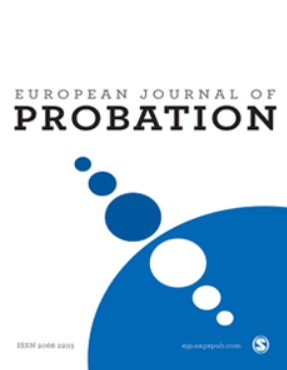Reimagining probation and parole for young adults in the United States
Reimagining probation and parole for young adults in the United States
Author(s): Kimberly Bernard, David Schwager, Miranda SitneySubject(s): Criminal Law, Cognitive Psychology, Behaviorism, Methodology and research technology, Criminology, Penology, Penal Policy
Published by: SAGE Publications Ltd
Keywords: Brain development; cognitive-behavioral program; Effective Practices in Community Supervision; officer training; parole; probation; racial equity; recidivism; specialized unit; trauma informed;
Summary/Abstract: The aim of this article is to propose an overhaul in how young adults (approximately aged 15–25 years) should be supervised in the community while serving probation or parole sentences. Using a pilot model implemented in the Pacific Northwest in the United States, we describe the development of a new specialized caseload focused on the developmental needs of this age group. Once established, an ambitious training program using external subject matter experts was used to educate supervising officers and integrate best practices across four emerging areas in the literature: trauma informed care, brain development science, an Equity and Empowerment Lens with a racial justice focus, and the case management approach Effective Practices in Community Supervision. Results show the potential of this approach to change the trajectory of the life course of participants, as well as promote systematic and systemic reform in the participating jurisdiction.
Journal: European Journal of Probation
- Issue Year: 12/2020
- Issue No: 3
- Page Range: 200-218
- Page Count: 19
- Language: English
- Content File-PDF

